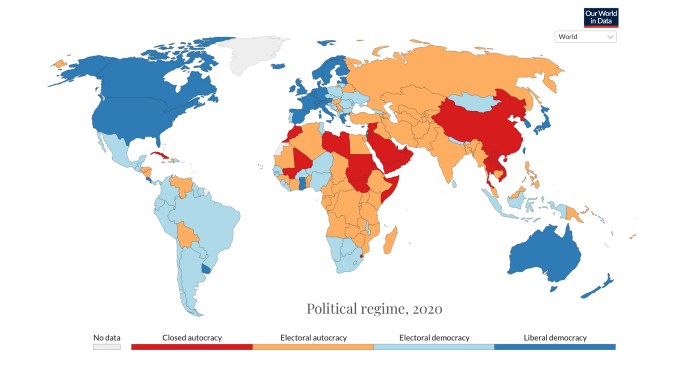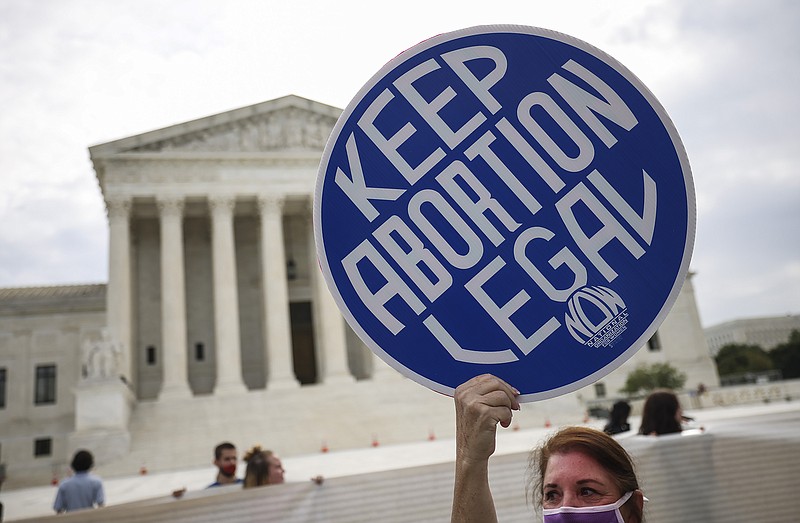Theocracy can coexist with democracy, a concept that has sparked debate and fascination throughout history. This coexistence presents a unique and intriguing paradox, where the divine and the secular intersect to shape political landscapes. In this discourse, we embark on an exploration of the historical examples, theoretical considerations, and contemporary case studies that illuminate the complex relationship between theocracy and democracy.
Theocracy, defined as a form of government where religious leaders hold political power, and democracy, characterized by the rule of the people, may seem inherently incompatible. Yet, history provides numerous instances where these systems have coexisted, albeit in varying forms and with varying degrees of success.
Historical Examples of Theocracy and Democracy Coexisting: Theocracy Can Coexist With Democracy

Historically, the coexistence of theocracy and democracy has been observed in various societies.
Ancient Greece
- The city-state of Athens developed a system where the Assembly of all citizens had significant political power, while religious officials also played a role in governance.
- The concept of “eunomia” (good order) emphasized the importance of both religious and civic harmony.
Medieval Europe, Theocracy can coexist with democracy
- The Holy Roman Empire combined elements of both papal authority and secular rule.
- Theocracy and democracy coexisted in some city-states, such as Venice, where a council of citizens shared power with the Doge, who was elected by the people.
Puritan New England
- The Puritan colonies established a theocratic society based on religious principles.
- However, they also implemented democratic elements, such as town meetings and elected representatives.
Defining Theocracy and Democracy

Theocracy
A government where religious authority holds supreme political power.
Democracy
A system of government where the power to make political decisions is vested in the people, who exercise it through elected representatives or direct participation.
The coexistence of theocracy and democracy implies a combination of these elements, where religious authority shares power with democratic institutions.
Theoretical Considerations of Coexistence

Arguments for Coexistence
- Shared values: Both theocracy and democracy can promote social harmony and order based on shared values.
- Checks and balances: Democratic institutions can provide checks on theocratic authority, preventing it from becoming oppressive.
Arguments against Coexistence
- Religious intolerance: Theocracy may prioritize religious conformity, leading to intolerance and discrimination against those with different beliefs.
- Erosion of democratic rights: Religious authority may undermine democratic principles, such as freedom of speech and assembly.
Query Resolution
Can theocracy and democracy truly coexist?
While historical examples exist, the coexistence of theocracy and democracy often presents challenges in balancing religious authority with popular sovereignty.
What are the potential benefits of theocracy and democracy coexisting?
Coexistence can foster a sense of moral order and provide a framework for ethical decision-making, while democratic principles ensure accountability and representation.
What are the challenges of theocracy and democracy coexisting?
Balancing the authority of religious leaders with the will of the people can be difficult, and tensions may arise over the interpretation and enforcement of religious laws.

